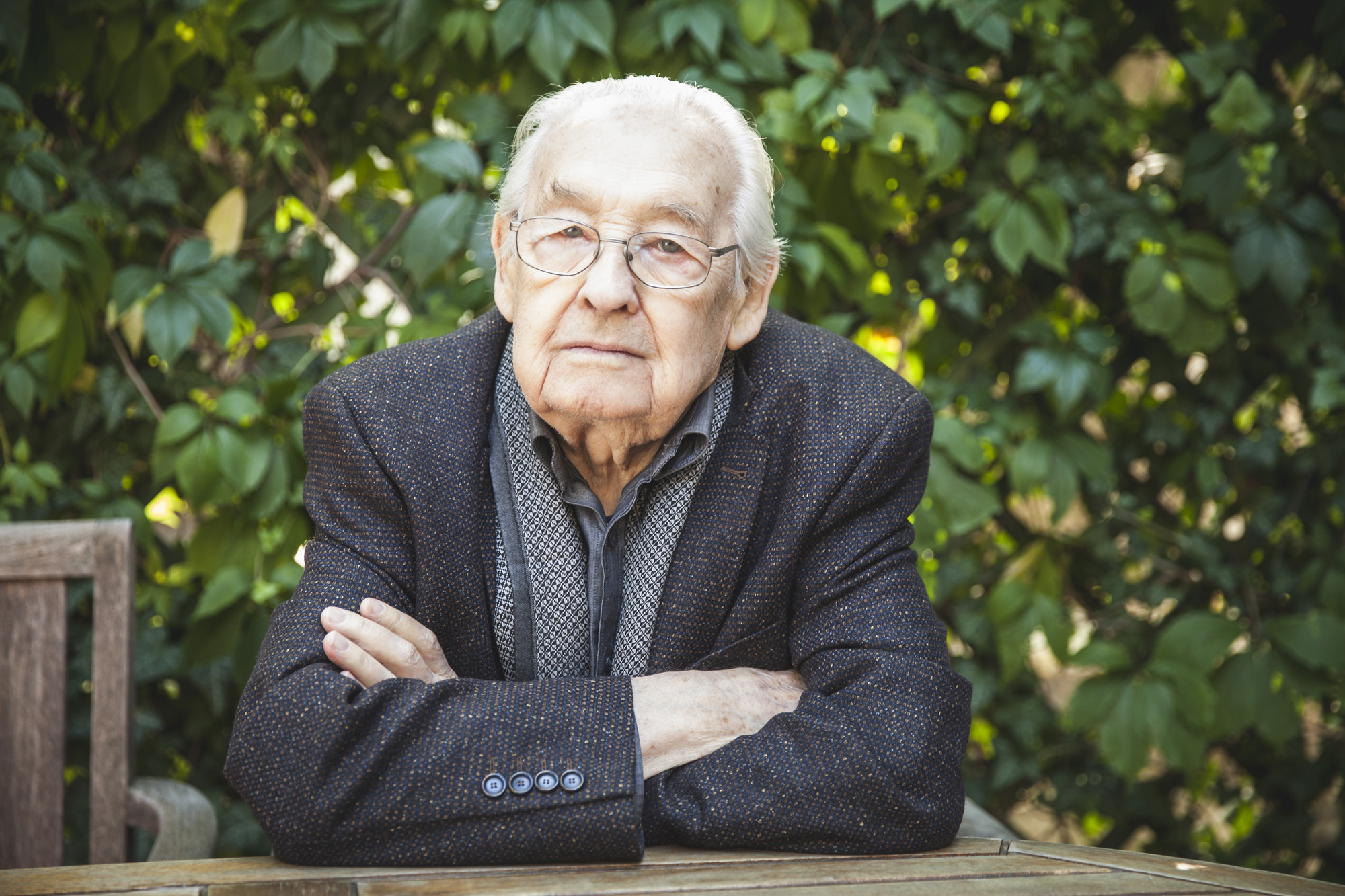"I stood here just after the end of the war," Polish film director Andrzej Wajda said. "I was only 19 years old. The entire area was flattened, just rubble. The Stare Miasto (Old Town) was one big gaping pit that I stared into."
He was beside me on the edge of the Stare Miasto. It was July 1970. The Polish government had painstakingly restored the late-Renaissance and Rococo buildings down to the last sculpted portal. He himself was living in a flat within the Old Town on Plac Zamkowy (Castle Square). I had just arrived in Warsaw at 9:15 that morning and, meeting me at Central Station, this was the first place he took me. I had been to that part of the city before, but this time I was with the film director I most admired in the world. Now that Wajda has passed away — at age 90 on Oct. 9 last year — memories of meetings with him over the years rush at me like bright frames of a film winding back at speed.
I first met Wajda in March 1970 at the Osaka World Expo. He had come to Osaka as the representative of Poland, although the Polish film that was showing was not one that had been directed by him. It was "Matthew's Days," directed by Witold Leszczynski, a beautiful and lyrical film based on the novel "The Birds" by Norwegian author Tarjei Vesaas. Having been a postgraduate student in Poland and a passionate fan of Wajda's work, I approached him after the screening.

















With your current subscription plan you can comment on stories. However, before writing your first comment, please create a display name in the Profile section of your subscriber account page.